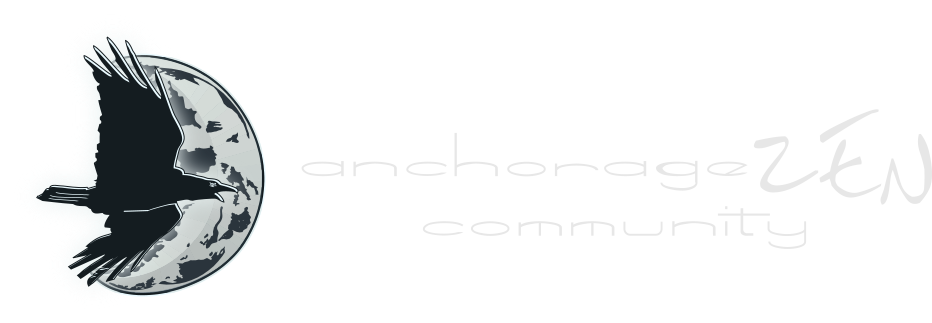We aspire to right conduct in every aspect of our lives. In this aspiration, we have committed ourselves to maintain the Ten Grave Precepts. The Precepts are open to interpretation, however, so with this Ethics Agreement, we establish a clear and specific set of minimum expectations to which we should be held accountable now and in the future. We hope that publicly specifying these standards of behavior will sharpen our awareness of ethical issues, ensure the trustworthiness of the Anchorage Zen Community, and serve to protect and perpetuate the Buddha-dharma.
10 Grave Precepts
- Not killing, but rather cultivating and encouraging life.
- Not taking what is not given, but rather cultivating and encouraging generosity
- Not misusing sexuality, but rather cultivating and encouraging open and honest relationships
- Not lying, but rather cultivating and encouraging truthful communication
- Not misusing intoxicants, but rather cultivating and encouraging clarity
- Not slandering others but rather cultivating and encouraging respectful speech
- Not praising self at the expense of others but rather cultivating and encouraging self and others to abide in their awakened nature
- Not being possessive of anything but rather cultivating and encouraging mutual support
- Not harboring ill-will but rather cultivating and encouraging lovingkindness and understanding
- Not abusing the Three Treasures but rather cultivating and encouraging awakening, the path and teaching of awakening and the community that takes refuge in awakening
Process For Conflict Resolution
1. Any sangha member who feels unfairly treated by another is encouraged to discuss the situation with the other person involved; all are asked to speak and listen with mindfulness of the precepts.
2. If this does not resolve the dispute to the satisfaction of all involved, it may then be brought to one or more AZC board members who will bring this matter to the next Board meeting and attempt an informal resolution, which would be communicated back to the parties involved. The intention would be for anonymity of the involved parties.
3. If the dispute still remains unresolved, a formal process will be initiated. This would involve the parties in question coming before the Board and presenting the situation for formal resolution.
